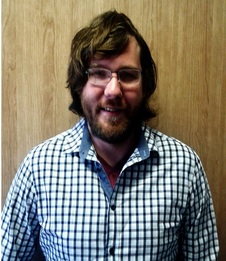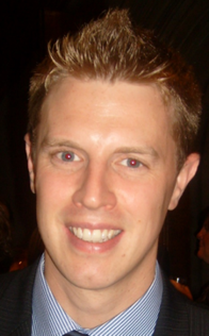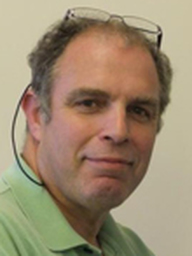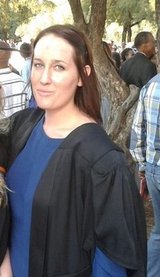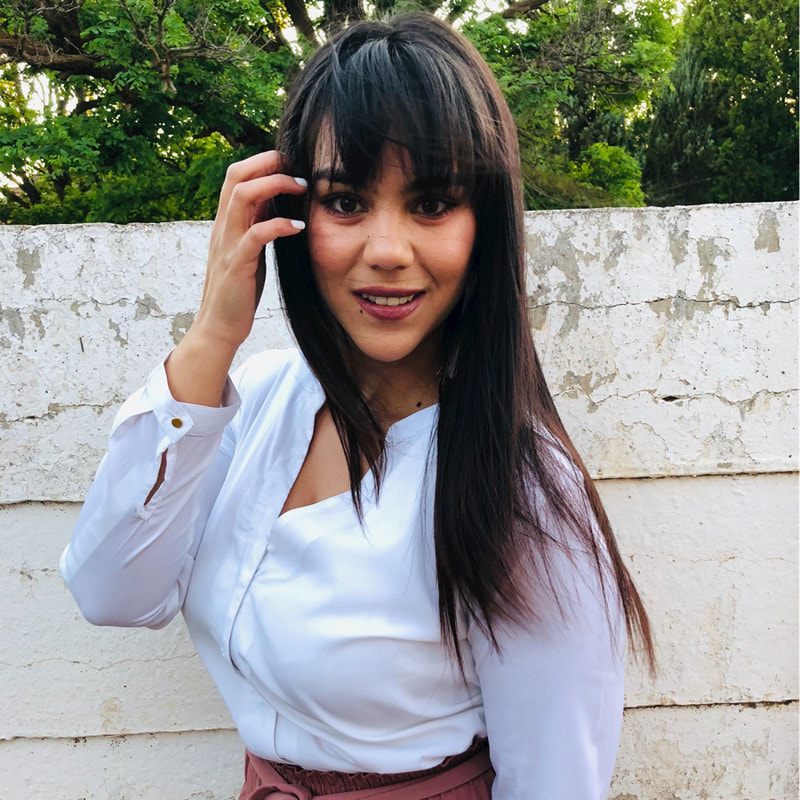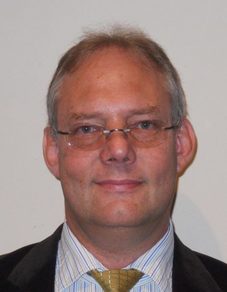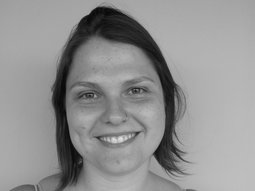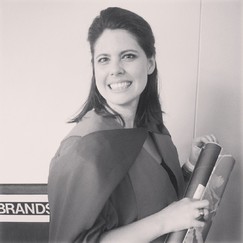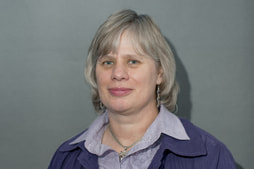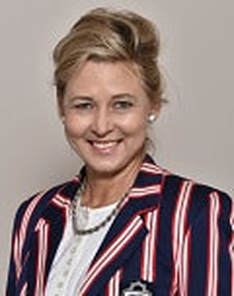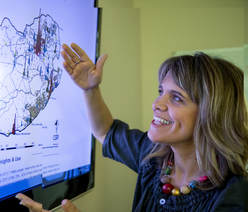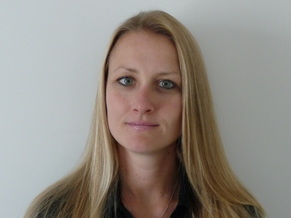
|
Dr Lauren Andres (UK Principal Investigator) is Associate Professor in Urban Planning at the Bartlett School of Planning (University College London). Her work relates to two inter-connected though distinct fields. First, the new sub-field of expertise (‘temporary urbanism’), bringing an innovative approach to examining urban temporalities and specifically to understanding periods of stasis within urban development processes: these relate to questions of governance, particularly in giving a voice to stakeholders sitting outside of the main decision-making streams. Second, drawing on her expertise in questioning permanent and temporary urban development, in a crucial deconstruction of the needs, relevancy and challenges of urban planning training in Higher Education, in and outside the UK, typically in South Africa. For more info, please visit;
https://iris.ucl.ac.uk/iris/browse/profile?upi=LANDR61 Personal website http://www.laurenandresurbanist.com |
|
Stuart Denoon-Stevens (South African Principal Investigator) is a professional planner, a lecturer at the University of the Free State, and a researcher focusing on municipal land management, with a particular emphasis on pro-poor approaches. Some of his larger projects include co-authoring the Background Report on the Spatial Economy for the National Spatial Development Framework, the National Spatial Development Report Background Report Synthesis document, as well producing a variety of chapters and papers on the topic of pro-poor land use management for the South African Cities Network and the journals Urban Forum and Land Use Policy.
|
|
Dr David Adams (Co-Investigator) is a Senior Lecturer in Planning at Birmingham City University (BCU). He holds degrees in both Geography (from Loughborough University) and Planning (from BCU). His main research interest is memory, everyday life, and in exploring the relationship between individual recollections and how people’s experiences coalesce or clash with official modern planning representations for urban redevelopment. This research explores the roles of different official maps, images, statutory planning documents, and architects’ models help shape individuals’ remembrances and their mnemonic experiencing of place. The second strand of his research focuses on understanding the various ways in which different groups and individuals develop alternative approaches to contemporary and future challenges through their multi-functional use of space. His work draws on urban theory developed in social and cultural geography, planning, urban history and sociology. He also has an interest in GIS and the qualitative approaches used to understand urban redevelopment. He has published several papers in internationally-recognised journals at the interface between urban / human geography, urban history and planning, including Planning Perspectives, Urban Studies, Geografiska Annaler: Series B, Human Geography, Town Planning Review, and Planning Practice and Research.
|
|
Dr Mike Beazley (Co-Investigator) is a senior lecturer in urban planning at the School of Geography, Earth and Environmental Sciences (University of Birmingham). He is a member of the Royal Town Planning Institute and director of Learning and Teaching and Director of Undergraduate Studies at CURS. He is heavily involved in both undergraduate and postgraduate teaching and in research student supervision.
|
|
Mischka Jacobus is a lecturer at the University of the Free State and a prospective PhD student and former research assistant in the Department of Urban and Regional Planning at the University of the Free State. She has undertaken various research projects where she held the responsibility of data management and analysis. She holds an undergraduate degree in Geography and Environmental Management, an Honours degree in Spatial Planning and a Master’s degree in Urban and Regional Planning. Her interests lie in alternative land use management systems for low income areas, geographic information systems (GIS), economic planning and environmental management.
|
|
Dr. Phil Jones (Co-Investigator) is Senior Lecturer in Cultural Geography at the School of Geography, Earth and Environmental Sciences (University of Birmingham). The main focus of his research is in methodological development, in particular examining novel means of exploring everyday interactions with urban space. He has developed techniques combining qualitative GIS and mobile interviewing, the use of smartphones in participatory planning, mixed artistic methods including the use of poetry and digital video as well as recent work on biosensing and videogames. For more information visit his University of Birmingham profile
http://www.birmingham.ac.uk/schools/gees/people/profile.aspx?ReferenceId=9688 or his personal webpage http://www.philjonesgeography.co.uk |
|
Dr. Lorena Melgaço (Research Fellow) is an architect and urban planner with a MPhil in Architecture (Universidade Federal de Minas Gerais – UFMG, Brazil) and a MSc. in International Cooperation and Urban development (Technische Universität Darmstadt and Université Pierre Mendès France). Her fields of interest include ‘bottom-bottom spatial practices’, i.e. the understanding of forms of local agency within a global structure and their relation to the production of space; temporary uses of space; and the interrelation between space, communities and technology in urban and rural spaces. She is also interested in planning perspectives from the South and ways of balancing it with classical theories of urban planning.
|
|
Dr Ruth Massey is research associate at the University of Cambridge. She previously was a senior lecturer at the University of the Free State in South Africa where she taught urban studies in both the Geography and the Town and Regional Planning Departments. She holds a PhD in Geography and Environmental Studies from Stellenbosch University which focused on the upgrading of informal settlements in Cape Town. Her research work is directed at understanding various social and governance aspects of urban resilience and renewal in South African cities. Ruth has published in a number of internationally recognised academic journals and presented at various conferences.
|
|
After obtaining her undergraduate planning qualification from the University of the Witwatersrand, Dr. Prof. Verna Nel worked at the Johannesburg municipality, a private firm and a national government department before joining the Centurion Town Council. While employed there she obtained her Masters and doctoral degrees through UNISA. During her career in she has been responsible for spatial planning, local economic development, land use management and formulating municipal town planning schemes. She was appointed head of the Centurion Planning Department in 1998 and continued to head the planning function in the unicity of City of Tshwane from July 2001 until 2008. She was appointed at a professor at Urban and Regional Planning Department of the University of the Free State in 2009 where he is responsible for teaching and student supervision. Her research interests include local economic development, urban complexity theory, urban resilience and land use management in a South African context. Verna has also participated in the ‘Standards and Competencies’ process of the South African Council for Planners (SACPLAN) as a member of the Council. Among the key aims of this project was to determine the competencies that a qualified planner should have, and thus the generic, core and functional competencies that must be included in planning curricula for accreditation by the SACPLAN.
|
|
Dr Emmie Smit is Head of Academic Writing at the University of the Free State (UFS) Postgraduate School. She has a PhD in Higher Education Studies, two Master’s qualifications, one in Drama and Theatre Arts Management (UFS) and the other in Urban and Regional Planning (UFS). She has completed two postdoctoral studies in Higher Education Studies (Aarhus University, Denmark and UFS). She also holds a National Diploma in Project Management (UFS), as well as a Postgraduate Diploma in Arts and Cultural Management (Wits). During the past decade at the UFS, she has lectured and supported at the Department of Drama and Theatre Arts, the Centre of Higher Education Studies, the School of Higher Education Studies, as well as the Postgraduate School. She has recently published two articles looking at the impact of subcultures on the management of higher education institutions.
|
Proudly powered by Weebly
